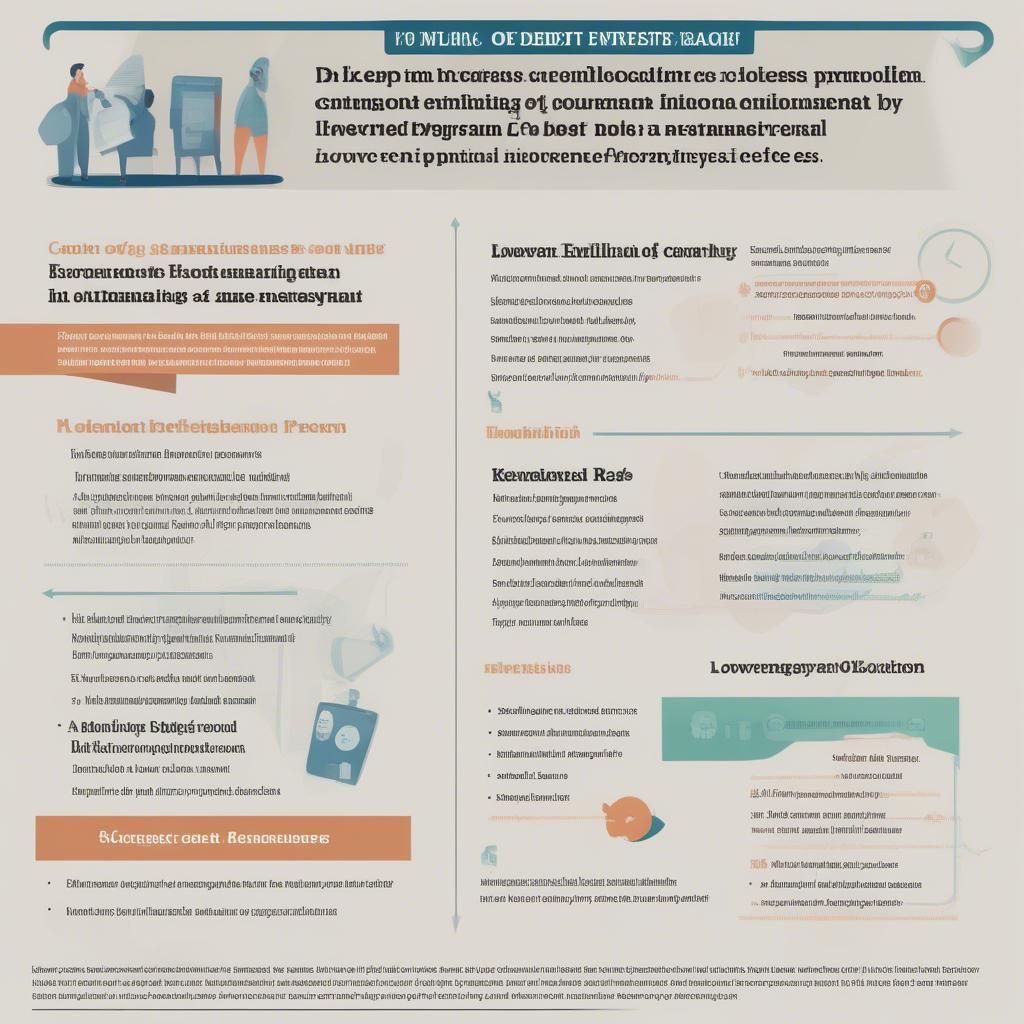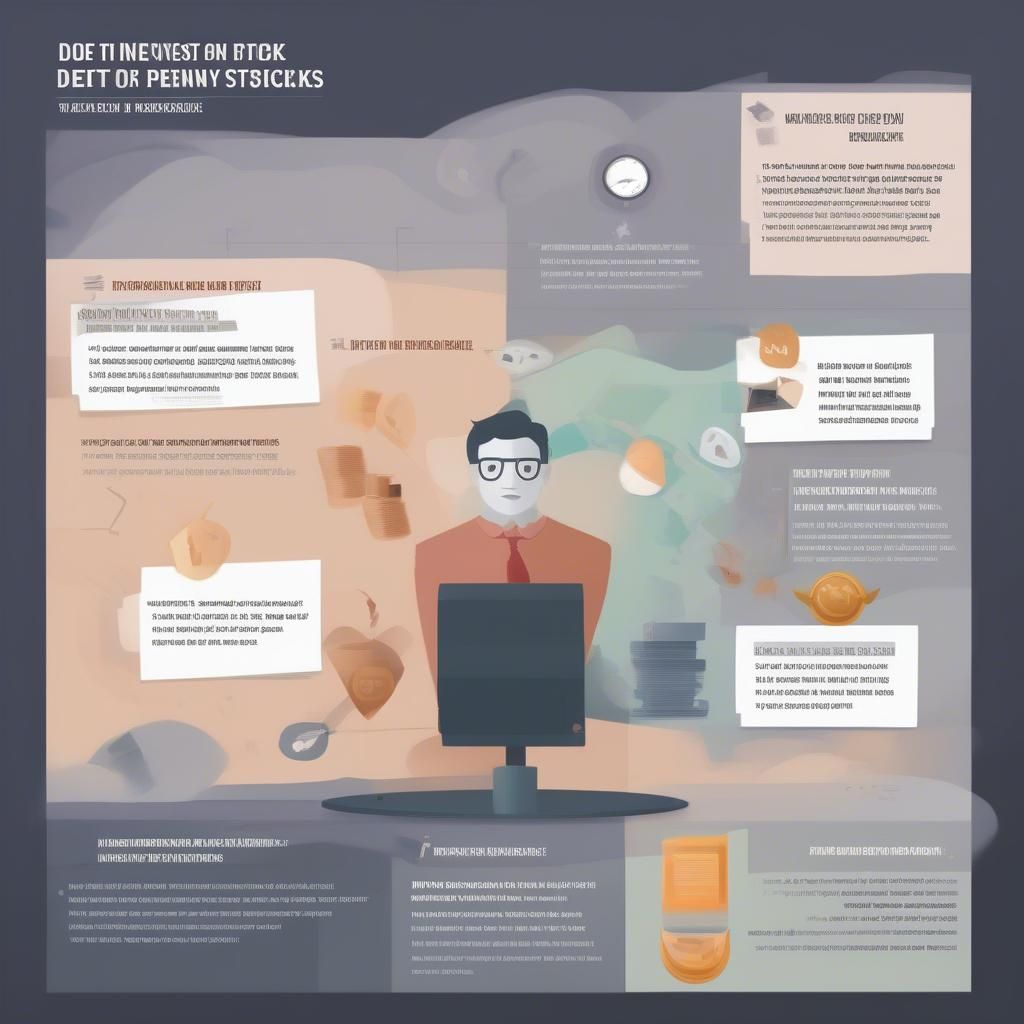Debt management is a critical aspect of personal finance, and it often becomes a pressing concern when individuals face overwhelming debt. Debt Management Programs (DMPs) can provide a structured approach to regaining control of your finances. This comprehensive guide explores debt management programs, their benefits, drawbacks, and how to determine if a DMP is the right solution for you.
Understanding Debt Management Programs
A debt management program is a structured plan offered by credit counseling agencies to help individuals repay unsecured debts, such as credit card debt, medical bills, or personal loans. By enrolling in a DMP, you agree to make monthly payments to the credit counseling agency, which then distributes the funds to your creditors according to the agreed-upon terms.
How Debt Management Programs Work
Debt management programs typically work by negotiating with your creditors to obtain concessions such as lower interest rates, waived fees, and extended repayment terms. This can make your monthly payments more manageable and help you get out of debt faster.
Advantages of Enrolling in a DMP
- Reduced Interest Rates: DMPs can significantly reduce your interest rates, saving you money over the life of your debts.
- Lower Monthly Payments: By consolidating your debts and extending repayment terms, DMPs can make your monthly payments more affordable.
- Elimination of Late Fees: Once enrolled in a DMP, your creditors typically agree to waive late fees, helping you avoid additional charges.
- Structured Repayment Plan: DMPs provide a clear repayment schedule, eliminating the confusion of managing multiple debts.
 Benefits of Debt Management Programs
Benefits of Debt Management Programs
Potential Drawbacks of DMPs
- Impact on Credit Score: Enrolling in a DMP can negatively impact your credit score, at least initially.
- Program Fees: Credit counseling agencies typically charge fees for their services, which can add to your overall debt.
- Limited Access to Credit: While on a DMP, you may be required to close some of your credit accounts, limiting your access to credit.
Is a Debt Management Program Right for You?
Deciding whether to enroll in a debt management program is a personal decision that requires careful consideration. Consider the following factors:
- Amount of Debt: DMPs are generally most effective for individuals with a significant amount of unsecured debt.
- Ability to Make Payments: You need to be confident in your ability to make consistent, on-time payments to the credit counseling agency.
- Credit Score Impact: Be aware of the potential impact on your credit score, especially if you plan to apply for loans in the near future.
Conclusion
Debt management programs can be a valuable tool for individuals struggling with overwhelming debt. By providing a structured repayment plan, lower interest rates, and professional guidance, DMPs can pave the way towards financial freedom. However, it is crucial to carefully evaluate your financial situation and the potential drawbacks before making a decision. Remember to consult with reputable credit counseling agencies to explore all available options and choose the best course of action for your individual needs. Continuously seeking knowledge about personal finance and exploring reliable resources will empower you to make informed decisions and achieve your financial goals.



